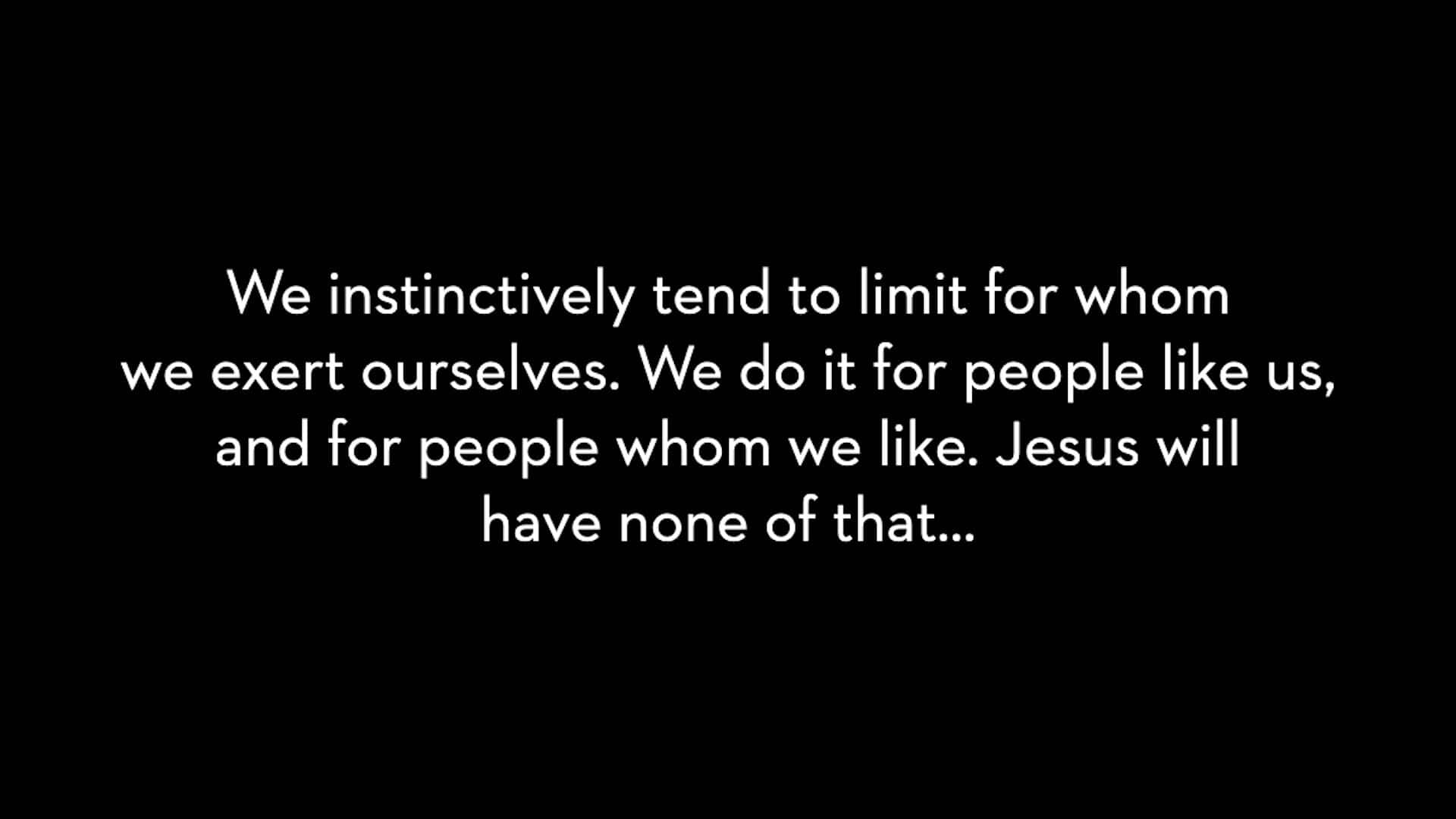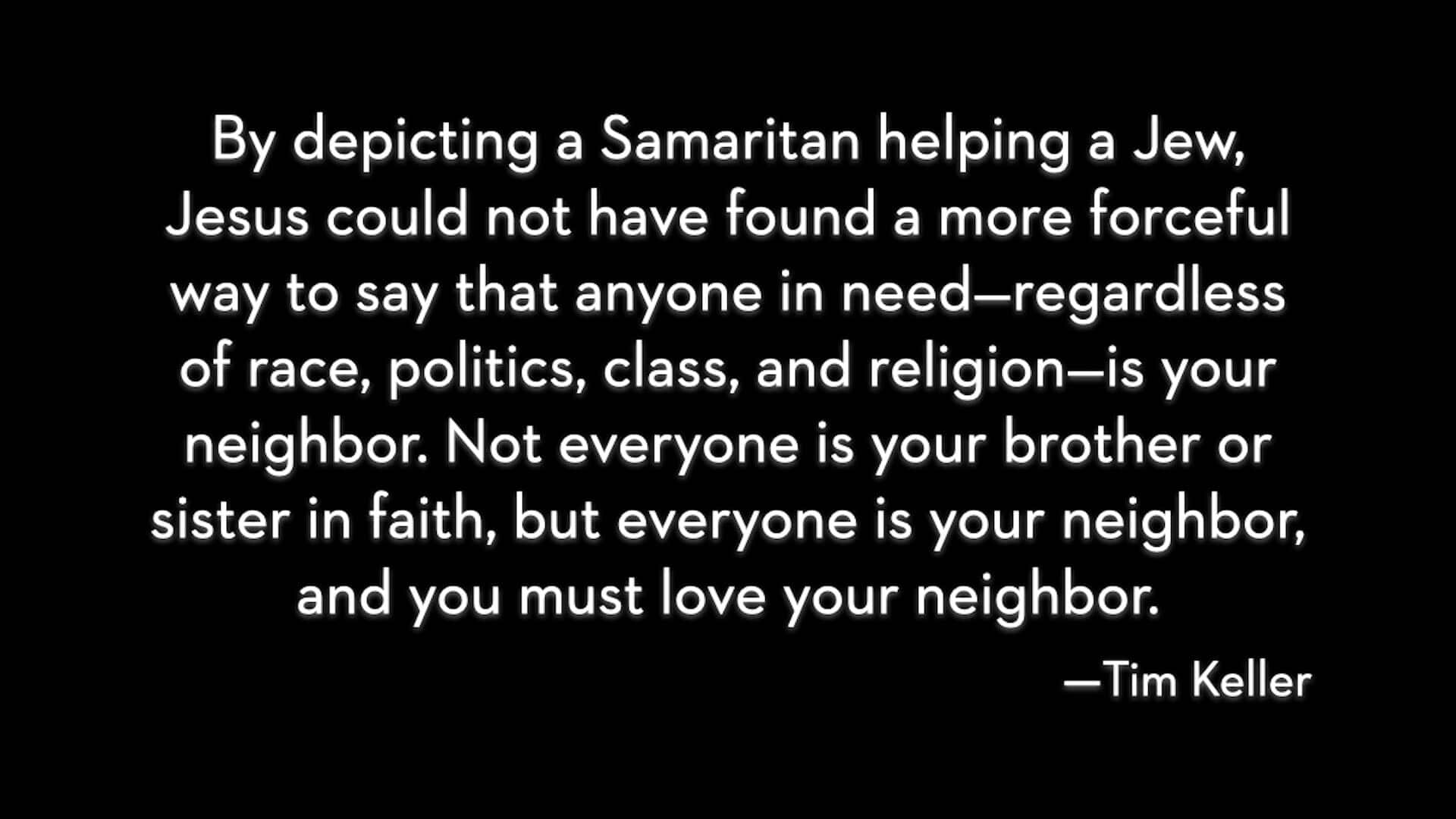Stu Quakenbush // Rockford Campus // November 3, 2024
SMALL GROUP
DISCUSSION GUIDE
REMINDERS
LEADER DEVELOPMENT CLASS (Sundays, 6–7pm – Rockford Campus Room 304)
As we lead our groups, we all face a variety of challenges: busy schedules, people ghosting us, hurt feelings, differing political views, personal problems that affect our ability to help others. How do you face these? Do you feel stuck and in need of some advice? We want to help you be the best you can be in the way you serve, so that’s why we started the LEADER DEVELOPMENT CLASS.
This fall we’re looking at Crucial Conversations, a training tool that will help you as a leader learn what it looks like to commit to unity and oneness, while at the same time striving for truth and respect. We long to help our church grow in this and know that God will do many good things as we learn to communicate well together! In the Winter, we’ll jump into a longer, 12 week series in the book LEAD by Paul David Tripp.
Leaders: Our classes are “open”—each one is stand-alone and can be attended as you are able. No purchase or prep is required. We provide any materials needed for discussion. Please plan to attend at least 4 of these classes between Oct. 2024 through April 2025.
TOGETHER IN LIFE
Take time this week to share a memory of when you were proud of someone.
Who was involved? What happened that made you feel so encouraged? Did you let them know you were proud of them? How?
TOGETHER IN THE WORD
THIS WEEK’S KEY PASSAGE: Luke 10:25-37
Note: If you are meeting as a group, we encourage you to read the entire text together out loud.
After reading Luke 10:25-37, answer the following questions:
- What stands out to you in this text?
- What stood out to you in the sermon?
A Culture of Hate
In many ways, our society has become one best described by a “culture of hate”. From a young age it seems that we are encouraged to be disgusted by and have nothing to do with those who oppose us. With many tribes circling the wagons against perceived threats, people have divided and vilified others in harmful and unhelpful ways.
This stands in stark contrast to what we read in 1 John 4:7-8:
“Beloved, let us love one another, for love is from God, and whoever loves has been born of God and knows God. Anyone who does not love does not know God, because God is love.”
QUESTIONS
- In what ways do you see hatred in the world right now? In our state? In our city?
- How do you feel when you sense hatred rising around you? What do you tend to do with those feelings?
- Imagine a community where love, compassion, and joy abound. What would that be like?
- What ways would that practically change from our world right now?
Compassion & Humility
The antidote to hatred is compassion underscored by a posture of humility, grounded in love. Rather than seeing only what is wrong in someone else, compassion seeks to uplift the dignity, worth, and value in them.
QUESTIONS
- Who are some people that are easy for you to have compassion for? Why?
- Who are people that are difficult for you to have compassion for? Why?
- What makes it difficult to have compassion for those not like you?
Putting Jesus to the Test
“And behold, a lawyer stood up to put him to the test, saying, ‘Teacher, what shall I do to inherit eternal life?'”
The expert in the law was someone who would’ve been one of the most well-versed in the Scriptures (the Old Testament, at this time) and the application of them in daily life. This would’ve been a highly respected person in the community whose voice carried weight – when the lawyer speaks, people listen.
So when he asks Jesus the all-important question of the way to eternal life, Jesus does what rabbis traditionally would do with their students (disciples) and answers him with a question:
“What is written in the Law? How do you read it?” And [the lawyer] answered, “You shall love the Lord your God with all your heart and with all your soul and with all your strength and with all your mind, and your neighbor as yourself.” And [Jesus] said to him, “You have answered correctly…”
The issue was not the head-knowledge of the lawyer: Jesus said “you have the right answer”.
But to drive the point home and to clarify himself, Jesus finishes his response with a call to action and then a story:
“You have answered correctly; do this, and you will live. But [the lawyer], desiring to justify himself, said to Jesus, “And who is my neighbor?”
QUESTIONS
- What was the motive of the lawyer in asking Jesus the question? *see the clues in the text from verse 25*
- Why do you think he was doing this?
- What was wrong with the lawyer’s answer? What was he lacking in his life that Jesus was speaking to?
- What was the motive of the second question the lawyer asked?
- Share about a time where you needed to justify yourself to someone.
- What is our goal in trying to justify ourselves?
- What do you hope the other person will understand as a result of your justification?
- Who are your “neighbors”?
The Good Samaritan
The story that follows is one so common and so ingrained in our culture that we literally have entire organizations and laws with the moniker of “good samaritan” in them. If you were to ask a random person from the grocery store what it meant to be a “good samaritan”, they’d probably be able to give you a rough guess as to what it meant and be relatively close. However, so much is degraded over time due to lack of Biblical literacy and – much more – faith in Jesus, that the whole point of this profound story is entirely lost.
Jesus’ story of the Good Samaritan includes characters and a situation that would’ve not been a stretch of the imagination to the people of His day. As with many of Jesus’ stories, the shock-factor of what he shares packs a punch and leaves the audience to really weigh their own attitudes and heart toward Jesus’ instructions.
QUESTIONS
- What descriptors are used of the injured man?
- What does each person do in response when they come across the injured man?
- What reasons might have kept the first two from taking action?
- How did the Samaritan “love his neighbor” as Jesus commanded?
- Who is in your life that is someone that is easy to love? Why?
- Who is someone (or a group of people) that is difficult for you to love? Why?
- What are some obstacles to living sacrificially in love of everyone: brothers and sisters in Jesus, and our neighbors?
- How does this story show us that Jesus is The Ultimate Good Samaritan?


TOGETHER IN ACTION
We are called to reject a life centered on comfort, convenience and self-service.
Take some time to consider with prayer:
- Take time to show compassion to a neighbor. Expand your definition of neighbor until you get to someone who is difficult for you to love, and find a way to show love to that person.
- What is the primary obstacle for you in being compassionate to others? Do you need to sacrifice something to do that: comfort, convenience, achievement, pride, reputation?
TOGETHER IN PRAYER
Take some time to pray for the following things:
- Any prayer requests you have as a group.
- For compassion, love, and a heart to serve those who you feel opposed to.
- For our nation as we elect new leaders to guide us from near to far.
- For a willingness to move toward those who we normal would push away from.

